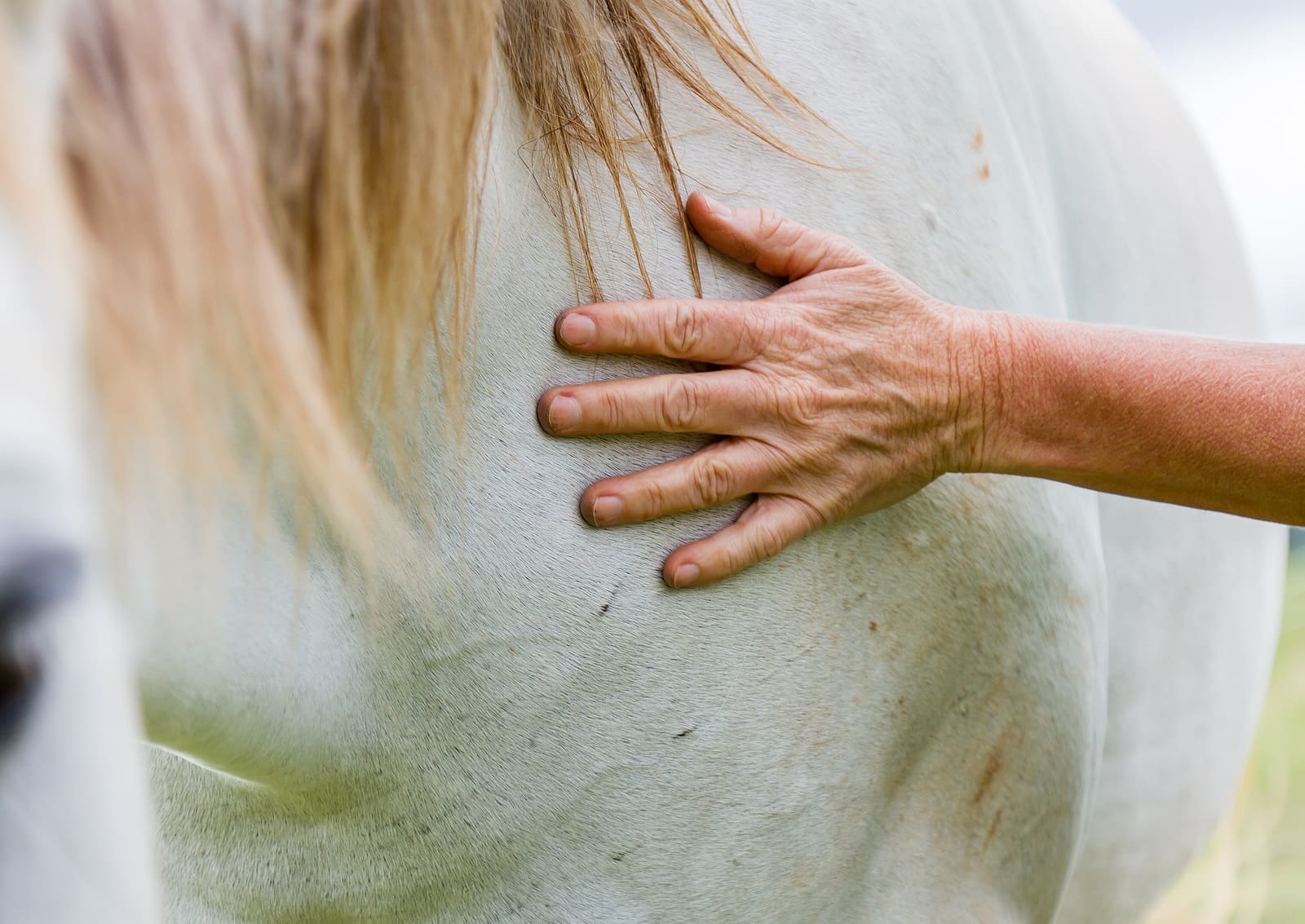Shop Class in Oak Park, Sacramento, has created a model for what inclusive education can be for neurodiverse children and young adults. It is much more than a shop class with machines and tools. Shop Class is a space that was built on the idea of creating an environment where children with ADHD, Autism Spectrum
Meet Dr. Beth Lanning, a key figure in Baylor University’s Department of Public Health. For Dr. Beth, what began as an aspiration to become a large animal veterinarian evolved into a multifaceted career that blends science, engineering, health, and community impact.
It all started when she arrived at Baylor as an undergraduate, driven by her love for animals and her experience in training and showing horses. Pursuing veterinary medicine seemed like the perfect fit. However, as she progressed in her studies, she discovered that it wasn’t the right path for her. This realization set her on a journey of exploration, leading her to switch first to engineering and later to pre-health.
Dr. Lanning is exploring the transformative potential of equine-assisted
Each step along the way contributed to shaping her current role, where she integrates her diverse academic background and passion for service to address the needs of autistic children. More specifically, Dr. Lanning is exploring the transformative potential of equine-assisted services for autistic children.
For those unfamiliar with equine-assisted services, these therapies involve structured interactions between individuals and horses, fostering physical, emotional, and social growth. Participants often experience improvements in communication, sensory integration, and self-regulation, making it a promising avenue for children with autism and other developmental disabilities.
potential of the Miracolt
Dr. Lanning, along with Engineer Dr. Brian Garner, has collaborated on exploring the potential of the Miracolt, a device designed to replicate the therapeutic motion of a horse’s gait. This groundbreaking innovation aims not only to improve behavioral outcomes but also to expand access to equine-assisted therapy for individuals who might not have direct access to horses.
The project has garnered significant support, including a grant from the State of Texas, enabling a detailed study of the Miracolt’s effectiveness. By leveraging the device, Dr. Lanning and Dr. Garner hope to uncover the underlying mechanisms that make equine-assisted therapy so impactful for children with autism, veterans with PTSD, and others facing mental health challenges.
Significant support, including a grant from the State
The project has garnered significant support, including a grant from the State of Texas, which has enabled a comprehensive study of the Miracolt’s effectiveness. By leveraging this innovative device, Dr. Lanning and Dr. Garner aim to uncover the underlying mechanisms that make equine-assisted therapy so impactful for children with autism, veterans with PTSD, and others navigating mental health challenges.
Dr. Lanning shared her insights in an interview: “The animal-human interaction has unique therapeutic potential. Equine-assisted services, in particular, provide benefits beyond physical activity, fostering emotional healing and social connection. We hope to make these therapies more accessible and understand the science behind their success.”
Evidence-based approaches
It’s a great step forward to see scholars and researchers joining forces across disciplines to tackle real-world challenges. We at Sacramento ABA Therapy are deeply inspired by people like Dr. Garner and Dr. Lanning, as we share similar goals of creating innovative, evidence-based approaches to support individuals with autism and other developmental challenges. Together, we can continue to break barriers, expand access to life-changing therapies, and foster a world where every individual has the opportunity to thrive and reach their full potential.
For autism treatment and support in Sacramento ABA Therapy, we offer a range of personalized services designed to meet the unique needs of each individual. Don’t hesitate to contact us in case you need assistance.

